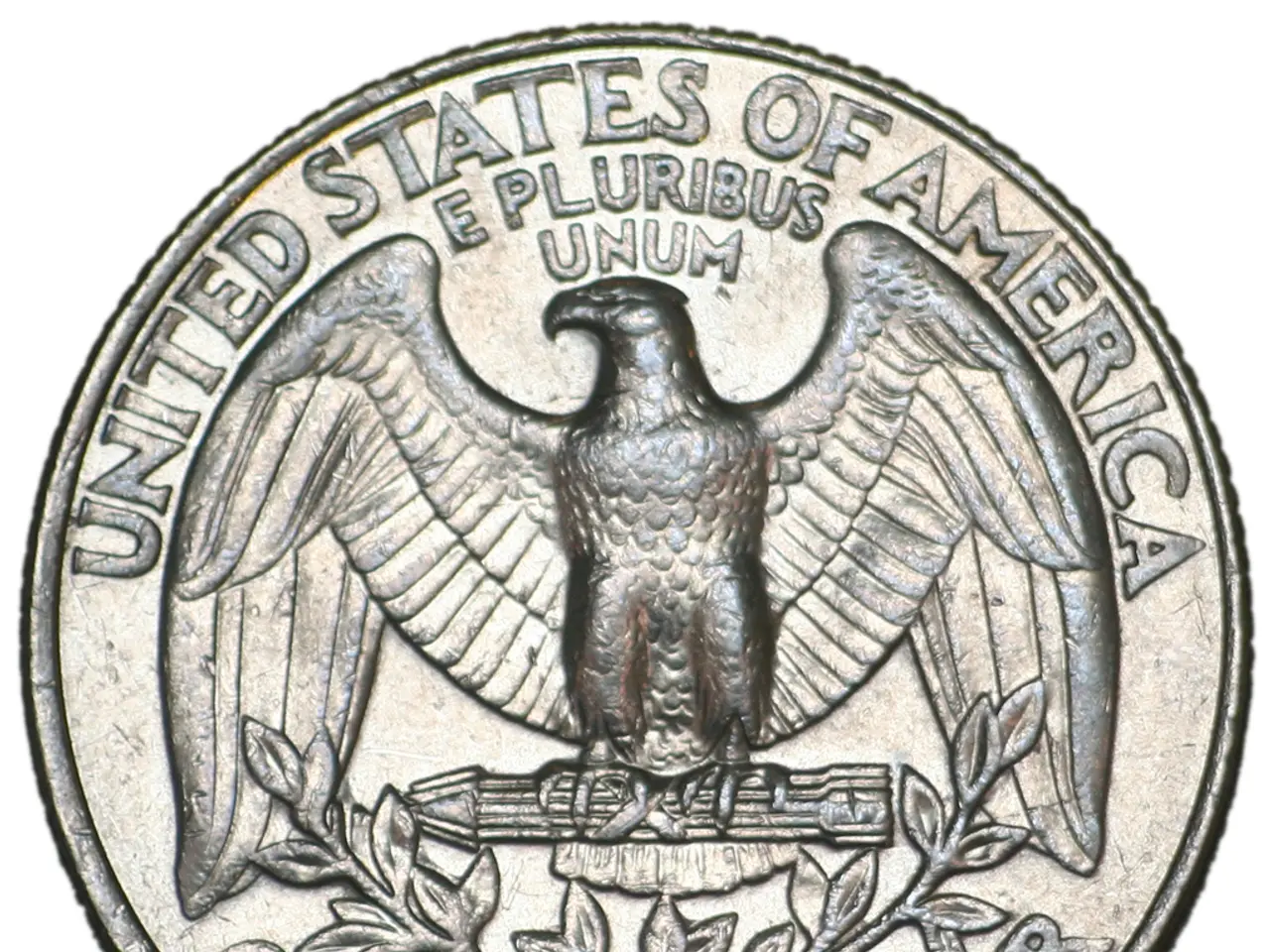Banks focus on readying themselves for a digital currency era
Project Pine: Transforming Central Bank Operations for a Tokenized Future
Project Pine, a collaborative initiative between the Federal Reserve Bank of New York and the Bank for International Settlements (BIS) Innovation Hub, is exploring the potential of tokenisation and smart contracts to revolutionise central bank open market operations in a fully tokenized financial system.
The project aims to create a technological infrastructure that modernises and automates central bank operations, supporting a future fully tokenized financial system with increased efficiency, stability, and interoperability.
In a fully tokenized landscape, Project Pine's prototype could enable central banks to announce and deploy new emergency facilities simultaneously, reducing the traditional implementation time from weeks or months to potentially immediate. This could prove particularly beneficial in times of financial crisis, where faster response times are crucial.
Central to Project Pine is the use of smart contracts, which allow tokenized assets such as central bank money, government bonds, and commercial bank deposits to interact directly. This could streamline monetary policy implementation, reducing reliance on intermediaries.
Key innovative potentials of Project Pine include:
- Native tokenized bonds and money that can seamlessly transact and contract with each other without traditional frictions.
- Use of programmable platforms to tie financial claims directly to collateral, improving access to secured borrowing.
- Automation of routine central banking operations via smart contracts, such as interest payments, maturities, and collateral management.
- Enhanced efficiency and transparency in traditional central bank functions, potentially reducing operational risks and increasing real-time responsiveness.
By integrating tokenized government securities with tokenized central bank reserves and commercial bank deposits within smart contract frameworks, Project Pine offers a foundation for central banks to operate fluidly in a fully digital, tokenized financial ecosystem.
The researchers emphasised a technology-neutral approach in Project Pine, utilizing Ethereum compatible Hyperledger Besu and Solidity for its smart contracts. This approach allows for flexibility in adapting to various blockchain platforms as they evolve.
Central bankers are not proposing to remove human judgment from critical decisions, but acknowledge that tokenized systems offer distinct advantages. They gain valuable insights into how their most fundamental operations might transform in a digital first financial future through Project Pine.
Six additional central banks contributed requirements for the project, with a focus on adaptability. The potential for dramatically faster crisis response in digital financial markets is a significant benefit of Project Pine's prototype.
Researchers concluded that Project Pine's toolkit would prove valuable during the transition towards tokenization and help central bankers model various scenarios. The toolkit might help central bankers integrate collateral eligibility and haircut setting with execution, potentially expanding the range of available collateral.
The work does not reflect policies or directives of the Federal Reserve Bank of New York or the Federal Reserve System. The Federal Reserve Bank of New York and the Bank for International Settlements Innovation Hub are preparing for a digital token-based financial world through Project Pine, representing experimental thinking about a hypothetical future that, if realized, would emerge gradually over many years.
- Project Pine, a collaboration between the Federal Reserve Bank of New York and the Bank for International Settlements Innovation Hub, is investigating tokenization and smart contracts to modernize and automate central bank operations in a fully tokenized financial system, particularly focusing on the retail and banking industry.
- The project's aim is to create a technological infrastructure that supports a future fully tokenized financial system, providing enhanced efficiency, stability, and interoperability, which could offer significant insights for the finance and business sectors.
- By integrating tokenized central bank reserves, commercial bank deposits, and government securities within smart contract frameworks, Project Pine could facilitate the creation of a digital, tokenized financial ecosystem within various industries like retail, banking, and finance.
- research in the project has the potential to increase the operational efficiency and transparency of central banks, which could lead to a reduced reliance on intermediaries in technology-driven businesses like banking and finance.




